Importance of Ethics in Accounting: Maintaining Trust and Integrity
VerifiedAdded on 2023/06/15
|5
|863
|425
Essay
AI Summary
This essay examines the critical role of ethics in the accounting profession, emphasizing the need for accountants to adhere to a code of ethics to maintain public trust, promote fairness, and ensure transparency in financial reporting. It highlights that while technical skills are essential, an accountant's self-discipline and moral judgment are paramount in resolving conflicts of interest and making ethical decisions. The essay underscores the growing significance of ethics due to the increasing complexities of businesses and the potential for unethical practices like earnings management, which can mislead stakeholders. The Enron and WorldCom scandals serve as examples of why merely abiding by technical regulations is insufficient, and accountants must uphold moral principles to ensure the integrity and reliability of financial information, thereby fulfilling their responsibilities to society and capital holders. Breaching ethical codes can lead to severe penalties and damage the profession's reputation, reinforcing the need for accountants to observe all moral principles and values in their professional services.
1 out of 5
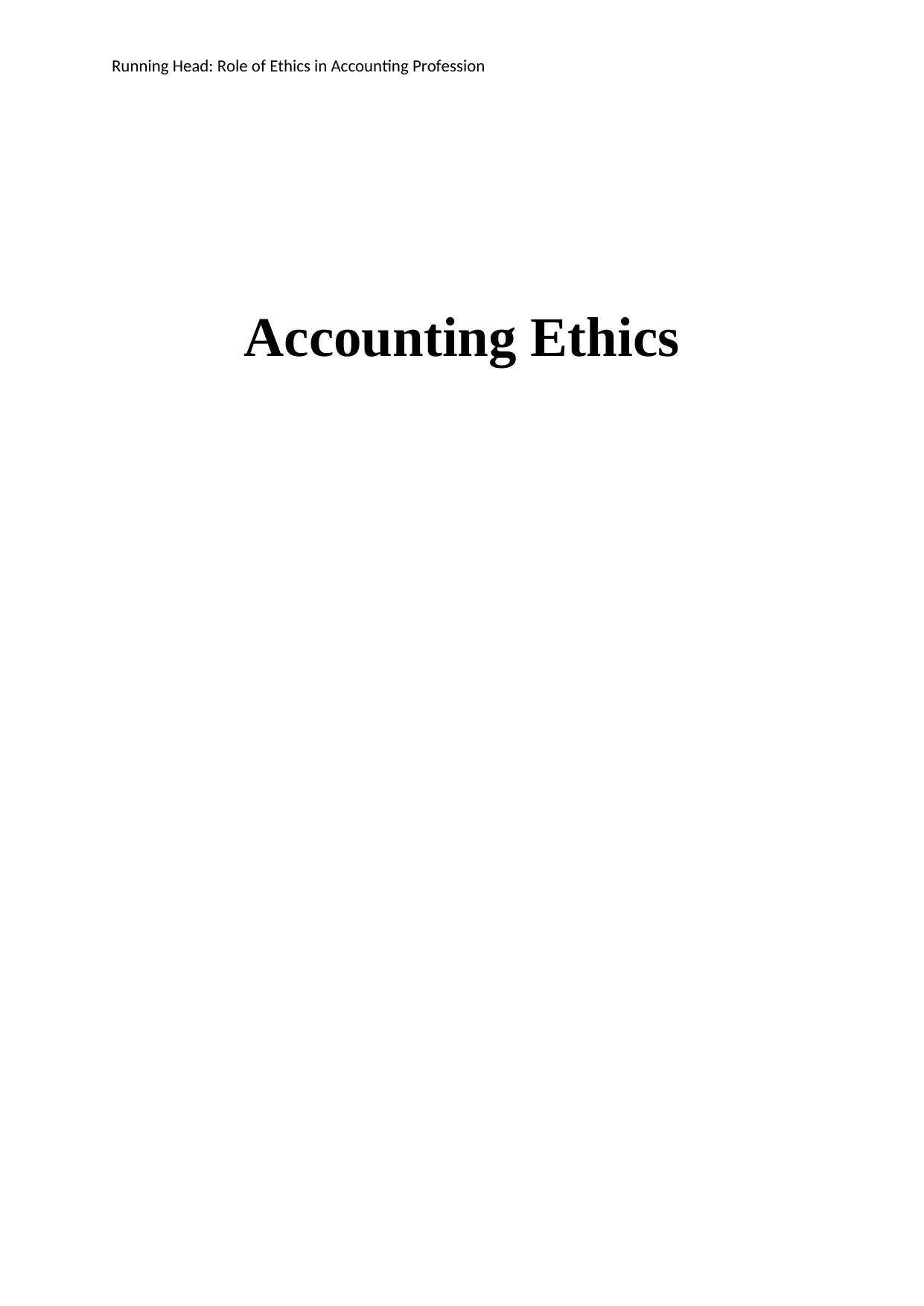
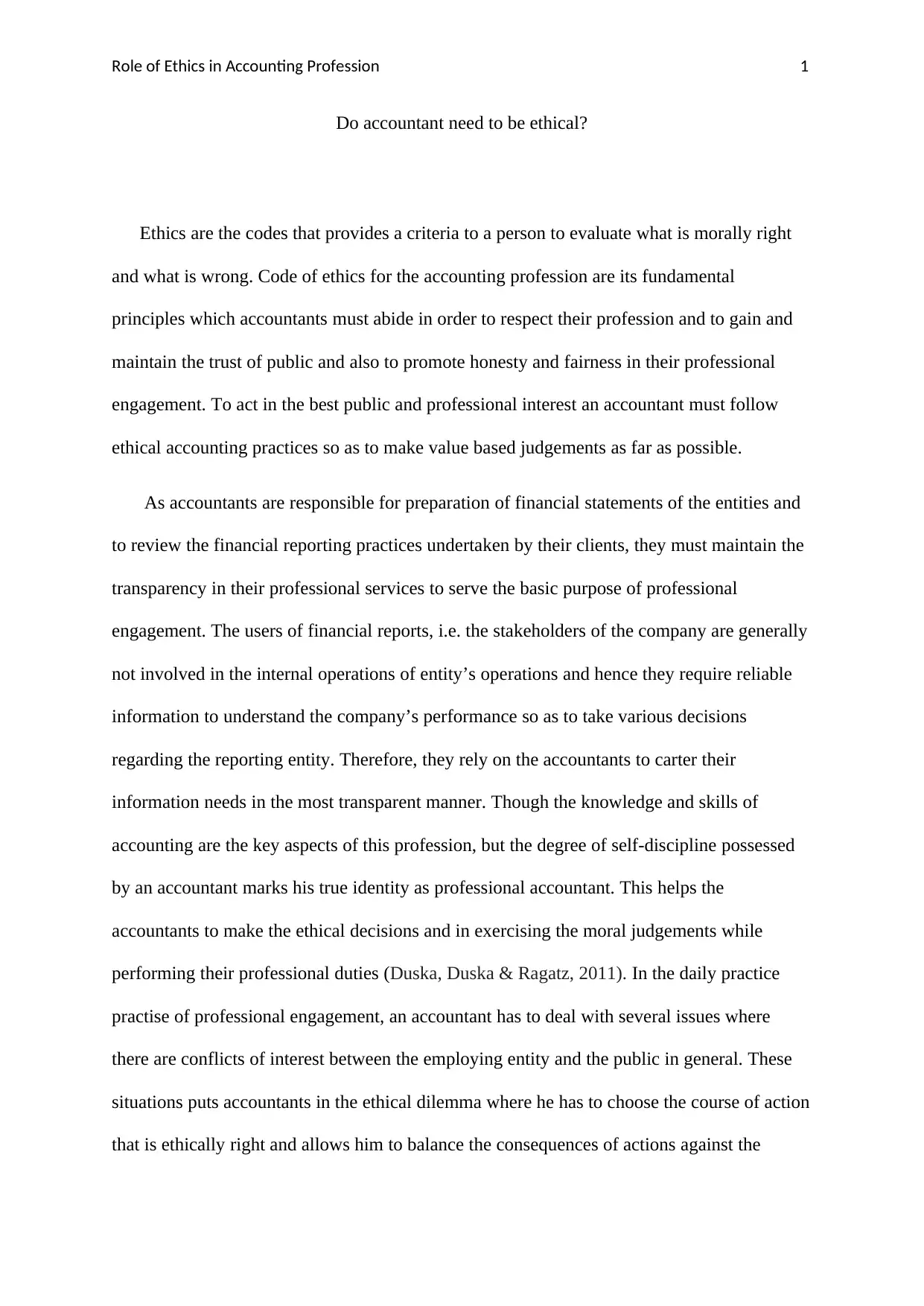
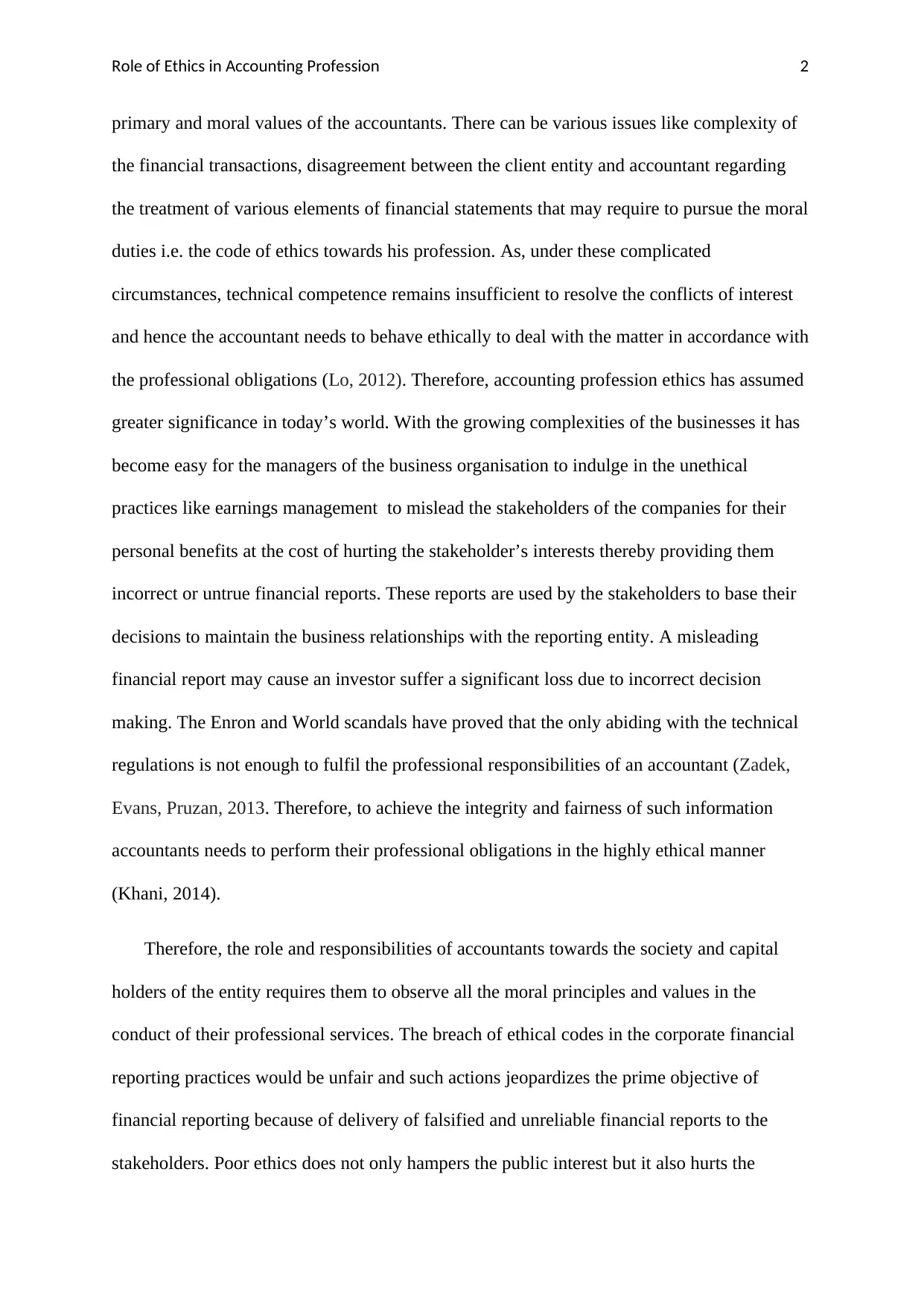

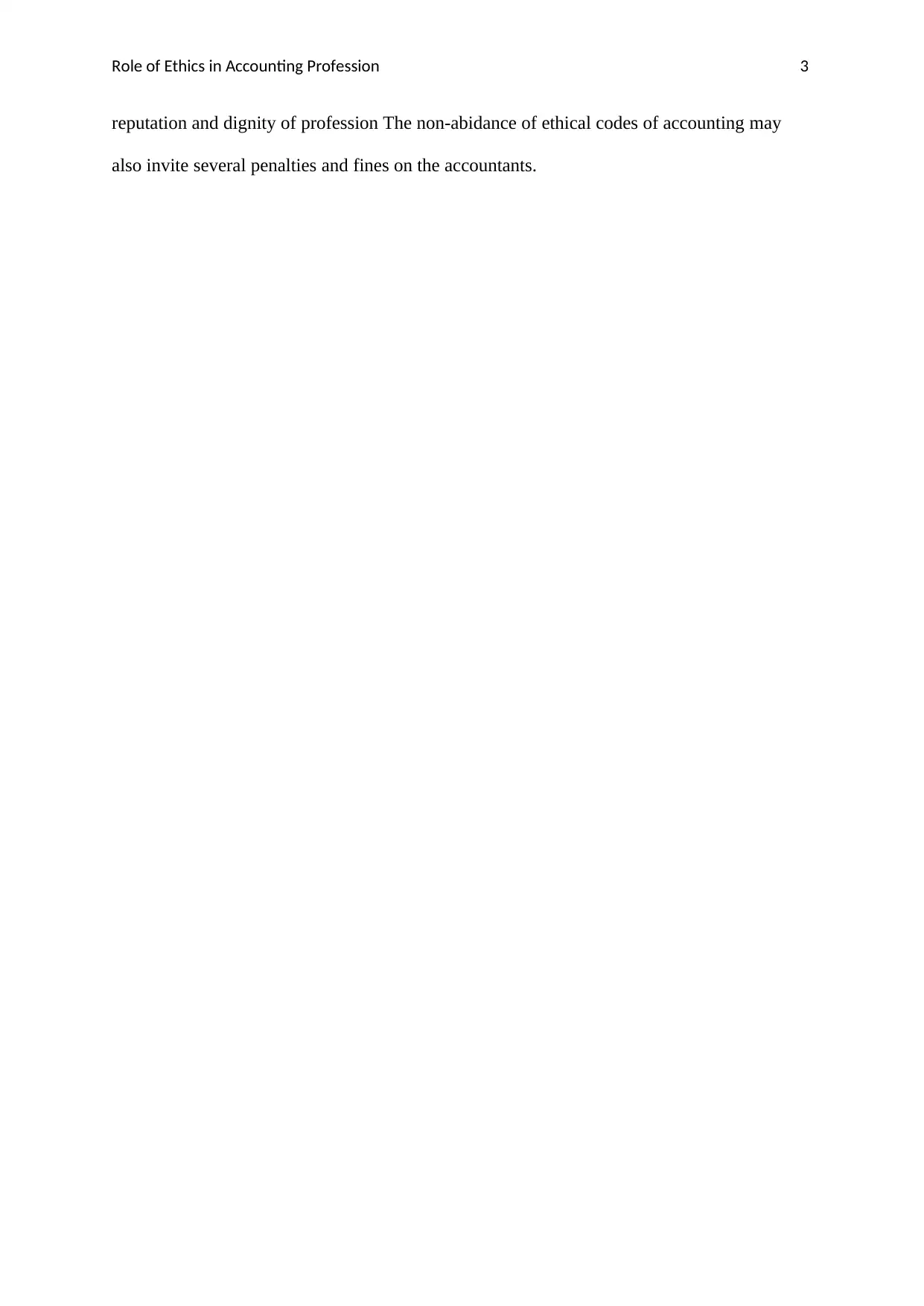
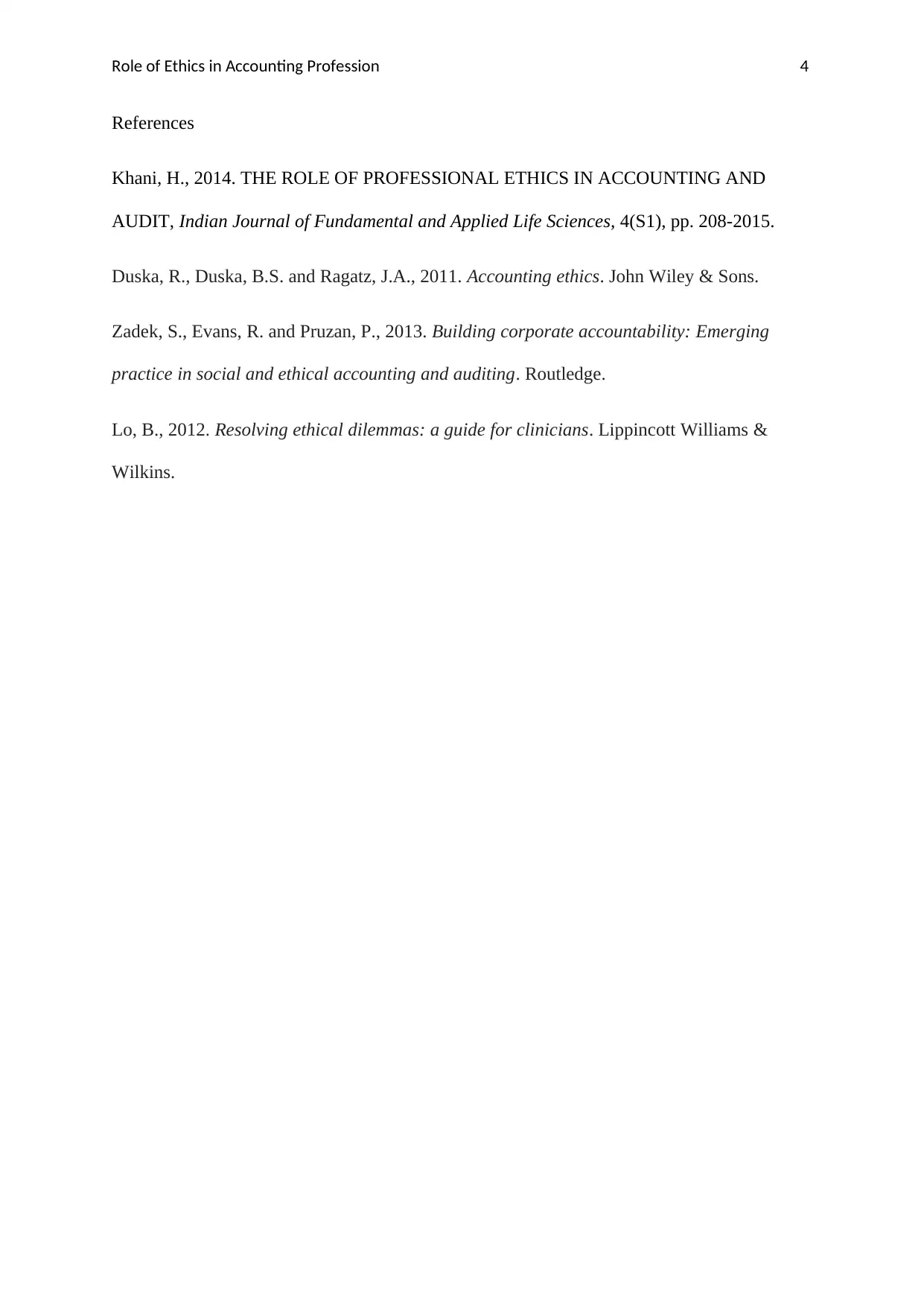





![[object Object]](/_next/static/media/star-bottom.7253800d.svg)